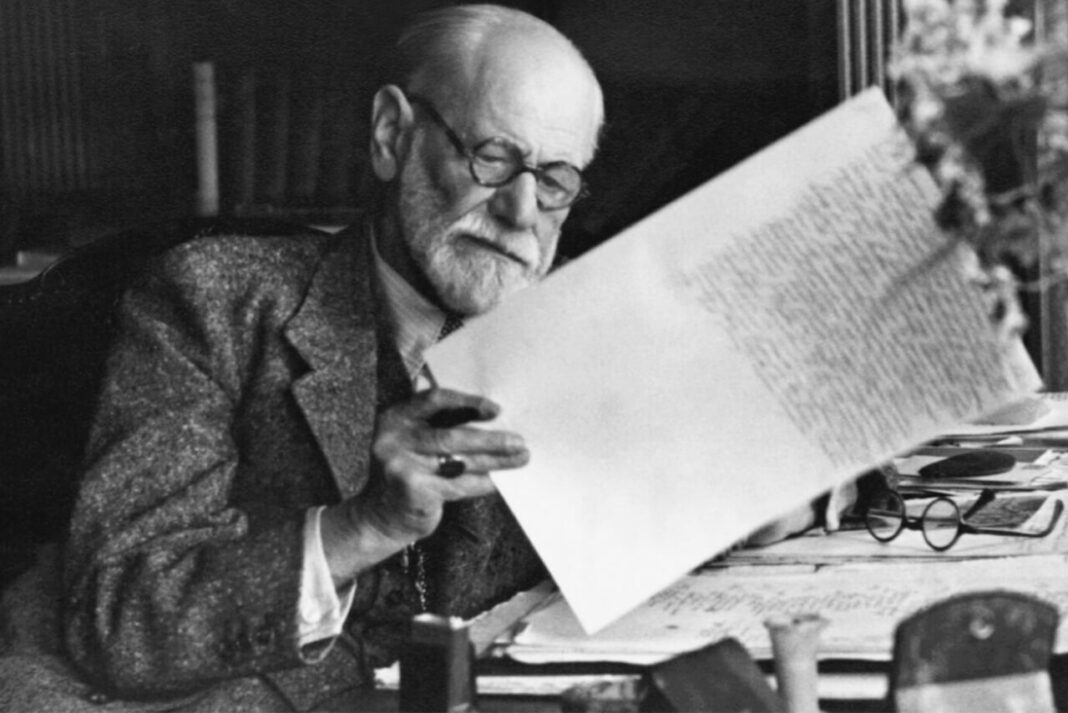Sigmund Freud is often called the founding father of psychology due to his groundbreaking contributions to the understanding of the human mind, particularly through his development of psychoanalysis. Freud’s theories and methods reshaped the way psychologists thought about the mind, the nature of human behavior, and mental illness. While many of his ideas are now considered controversial or outdated, his impact on psychology remains undeniable.
Freud’s Discoveries and Contributions to Psychology
Unconscious Mind: Freud’s most significant discovery was the concept of the unconscious mind. He proposed that much of human behavior is influenced by unconscious thoughts, memories, and desires that are repressed because they are too distressing to confront. This idea revolutionized psychology, as it emphasized that not all mental processes are accessible to conscious awareness.
Psychoanalysis: Freud developed psychoanalysis, a clinical method for treating psychological disorders by making unconscious thoughts and memories conscious. This process often involves techniques like free association (where patients speak freely to uncover hidden thoughts) and dream analysis. His methods were foundational in the development of modern psychotherapy.
Theories of Personality: Freud introduced the model of the id, ego, and superego, which describes the interaction between different parts of the psyche. The id represents primal desires, the ego mediates between the id and reality, and the superego embodies moral and societal standards. These ideas laid the foundation for much of what we understand about personality today.
Psychosexual Stages of Development: Freud proposed that human development occurs in stages, each focused on a specific erogenous zone. These stages — oral, anal, phallic, latency, and genital — played a critical role in his theory of personality development. According to Freud, fixation at any of these stages could lead to psychological issues in adulthood.
Defense Mechanisms: Freud identified various defense mechanisms that the ego uses to protect itself from anxiety. These include repression, denial, projection, and sublimation. Understanding these mechanisms has been key in both clinical practice and psychological theory.
The Case of Anna O. and Its Significance
The Case of Anna O. was a pivotal moment in the development of psychoanalysis. Joseph Breuer, Freud’s early collaborator, treated Anna O., a patient suffering from hysteria, using a method that would later become known as the cathartic method. This method suggested that traumatic memories and emotions, when re-experienced and talked about, could alleviate psychological symptoms.
In Anna O.’s case, her hysterical paralysis (a condition where her arm became temporarily paralyzed without an organic cause) improved as she talked about her traumatic experiences. This case helped Freud and Breuer realize that talking about repressed memories could have therapeutic effects, laying the groundwork for psychoanalysis.
The significance of the case lies not only in the cathartic method but also in its influence on Freud’s later thinking about the unconscious mind. It made him consider how unresolved conflicts from the unconscious could lead to psychological issues. This insight was foundational to his development of psychoanalytic theory.
From Hypnosis to Free Association
Freud initially used hypnosis as a therapeutic tool to access repressed memories, as learned from his mentor Jean-Martin Charcot. However, he soon found that hypnosis had limitations: it only worked under specific conditions and could be ineffective in some patients.
This led Freud to develop the technique of free association, where patients were encouraged to speak freely without censorship, saying whatever came to their minds. This allowed unconscious thoughts to surface, which could then be explored by the therapist. Free association became one of the core methods of psychoanalysis and remains a crucial tool in many forms of therapy today.
Freud’s Influence on Psychology
Freud’s theories and practices were revolutionary at the time and helped shape the field of clinical psychology. Before Freud, psychology was mostly viewed as part of medicine, and its scope was often limited to physical causes of mental illness. Freud shifted the focus to the mind, the unconscious, and the psychological causes of behavior.
His work made psychology a distinct scientific discipline, focused on understanding human behavior from a psychological rather than a purely medical perspective. Freud’s psychoanalysis also emphasized that mental health issues were not simply physical ailments but involved complex psychological dynamics.
Despite controversy and criticism of some of Freud’s ideas, particularly his theories about sexuality, childhood development, and the Oedipus complex, his influence is still seen in many areas of psychology. Freud’s concepts of the unconscious, defense mechanisms, and psychodynamic therapy continue to shape the way psychologists understand human behavior.
Freud: The Founder of Psychology
Freud is called the founding father of psychology because of the profound and lasting impact of his work on the field. His development of psychoanalysis, his theory of the unconscious mind, and his clinical methods opened up new avenues for exploring mental health and human behavior. While his ideas have evolved and been critiqued over time, Freud’s legacy as the founder of modern clinical psychology and his pioneering contributions to understanding the complexities of the mind remain central to the history of psychology.
Freud’s work marked the transition of psychology from a branch of philosophy and medicine to a distinct field of scientific inquiry, and he provided future psychologists with tools and frameworks for exploring the mind and its intricate workings. Even today, his influence can still be seen in both clinical settings and academic psychology.
Reference
Quinodoz, J. M. (2005). Reading Freud: A Chronological Exploration of Freud’s Writings. Presses Universitaires de France. https://doi.org/10.4324/9781315783109



